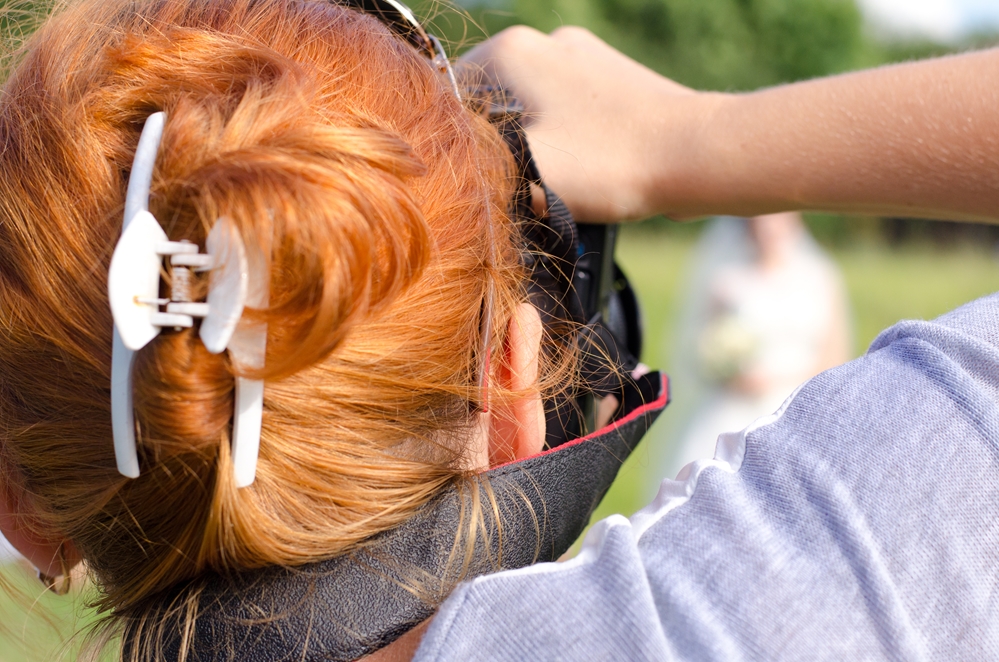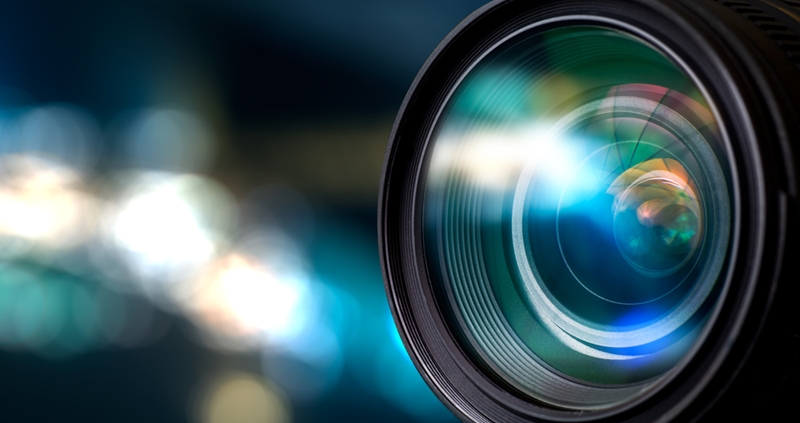
You’re on the street and an amateur photographer snaps a picture of you without your permission – are you entitled to the copyright to that photograph?
Short answer: No. Here in Australia, there is no specific law preventing the use of your image in a photograph or video without your permission. Copyright law is designed to support the rights of the creator (in this case, the photographer).
Who owns the copyright to a photograph?
Under Australian law, copyright is owned by the photographer and not the subject. This means if a photo, recording or video is taken of you, the photographer has the exclusive right to:
- Reproduce or copy it.
- Publish it in a book.
- Communicate it to the public (e.g. on social media).
- Broadcast the image.
In some cases, notably regarding photographs commissioned before 30 July 1998, the copyright over an image will instead be owned by the business or person who commissioned it. Today, copyright is only owned by the commissioner for private or domestic use – such as family portraits or wedding photos.
You may own some copyright over your image in the case of a recording or video in which you perform. Performer’s rights only apply to those who contribute to the sounds of a live performance, such as musicians or verbal actors (but not mime artists or dancers, for example).
As a photographer, you have the right to take photos of people in public places and maintain full copyright.
If you are a photographer
As a photographer, you have the right to take photos of people in public places and maintain full copyright over the image. However, other artistic works may be protected under copyright, meaning you have no right to reproduce them in the form of a photograph. This may be the case when publishing a photograph of a sculpture, for example, if that work of art is not already permanently displayed in a public space.
Photographs of art in a gallery space may be restricted by the terms of admission on your ticket.
 Who owns the rights to a photograph with your face in it?
Who owns the rights to a photograph with your face in it?How can you argue against the use of your image?
You do not own a photo or video taken of you, even if you didn’t give consent. However, that doesn’t mean you aren’t able to argue against its publication or reproduction legally. There are areas of the law that may be employed to help you prevent the reproduction of your image, if the situation is appropriate.
Defamation
If the use of your image can be reasonably perceived as damaging to your public image, you may be able to stop its circulation by argument of defamation. You must be able to prove that a photograph or the context in which it is published (e.g. caption) has lowered the public’s estimation of you, or caused you to be shunned, avoided, hated or ridiculed.
Consumer law
In the case of celebrities, public figures and influencers, the unauthorised use of personal image used to promote a product or service may be deemed deceptive if the subject has not agreed to endorse. If you’re a photographer, it’s therefore vital you have your models sign release forms when photographing for commercial purposes.
Privacy law
Under the Privacy Act 1988 (Privacy Act), images of an individual are considered personal information. This means your image cannot be collected or used by organisations covered by the Privacy Act without your consent. However, this doesn’t apply to anyone taking a photo in an individual capacity, nor does it stop them posting your image on social media.
Copyright law is all about protecting your intellectual property. If you feel your copyright has been infringed, get in touch with Alder IP today to discuss your rights.


